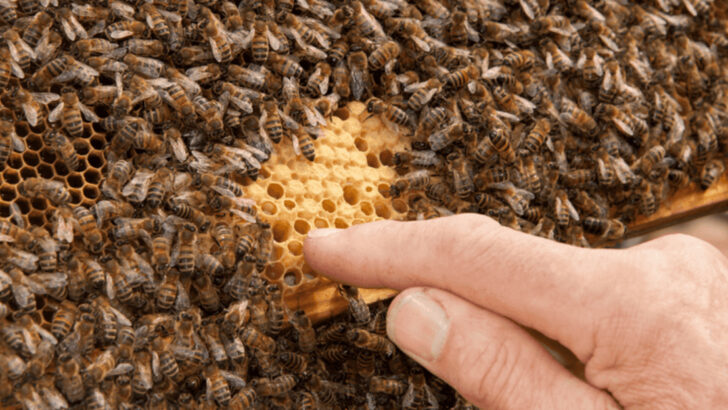Forget superheroes — bees are the real heroes saving our planet every day.
They buzz from flower to flower, quietly running the biggest show on Earth: pollination. Without their tiny wings flapping, countless plants would fail to reproduce, and our plates would soon look pretty empty.
Bees aren’t just honey machines. They’re the glue holding together ecosystems, farms, and the food we love.
Imagine a world without apples, almonds, or coffee. Sounds scary? That’s just a glimpse of what could happen if bees vanish.
Get ready to dive into the fascinating world of these buzzing powerhouses — and why protecting them means protecting ourselves.
Pollination Powerhouses
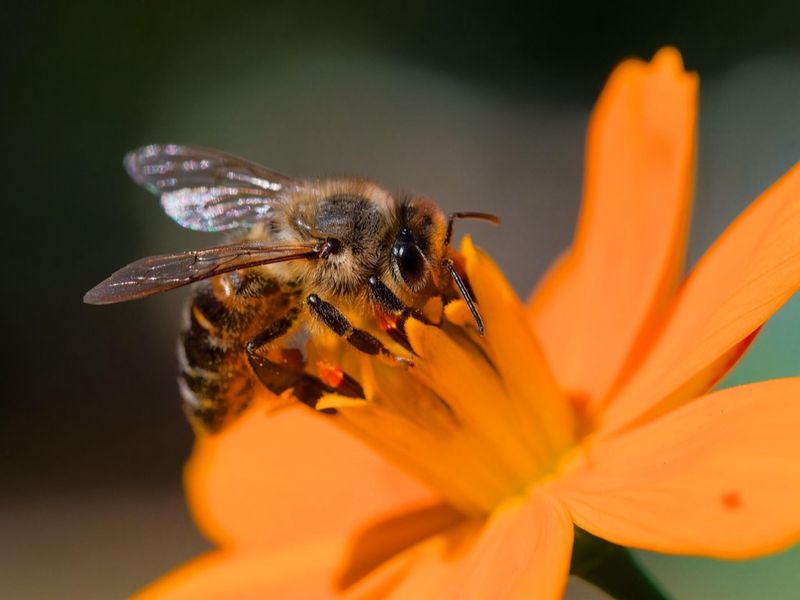
Bees are unrivaled in their role as pollinators. Without them, many of the fruits and vegetables we consume regularly would vanish. Their tiny bodies, covered in a soft, hair-like structure, make them perfect for transferring pollen from one bloom to another.
The vast majority of flowering plants rely on these industrious insects for reproduction. Imagine a world devoid of apples, almonds, and blueberries; this could be our reality without bees. A single bee colony can pollinate up to 300 million flowers daily, underscoring their herculean contribution.
Economic Impact
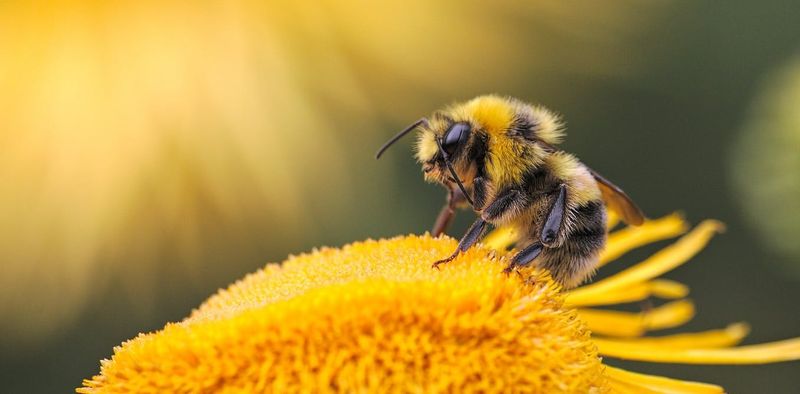
The economic contribution of bees is monumental. Annually, they add billions to the global economy by enhancing crop yields. Farmers worldwide depend on bees to maintain and boost their produce.
Consider crops like almonds, which are entirely dependent on bee pollination. Without these buzzing workers, yields would plummet, leading to increased prices and scarcity. The ripple effect would touch every sector, from food production to textiles, making bees indispensable to economic stability.
Biodiversity Boosters
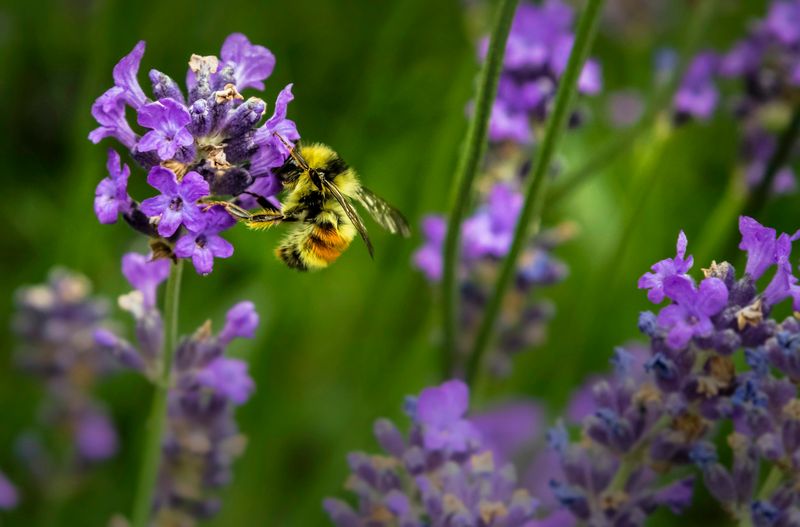
Bees are architects of biodiversity. They ensure the survival of diverse plant species, which in turn support varied animal life. This intricate web of interdependence is crucial for a balanced and thriving ecosystem.
Their role extends beyond cultivated crops. Many wild plants rely on bees for pollination, making these insects guardians of natural habitats. The disappearance of bees would trigger a domino effect, disrupting food chains and leading to the decline of countless species, both flora and fauna.
Climate Change Mitigators
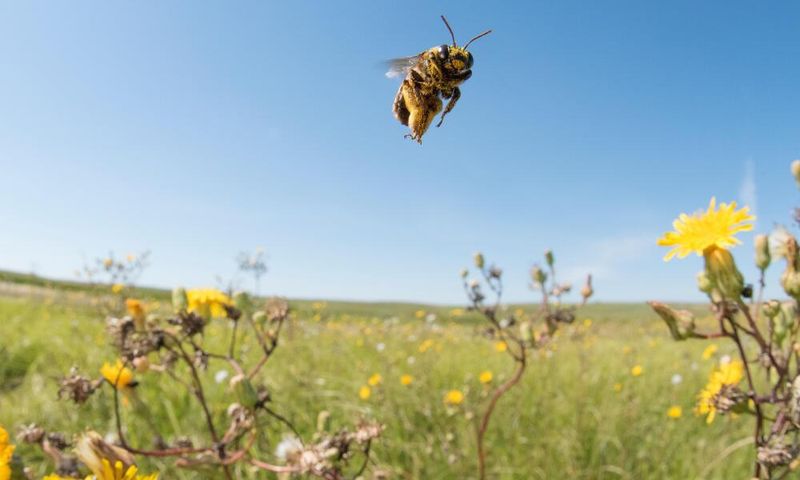
Bees contribute significantly to climate resilience. By promoting plant growth, they indirectly aid in carbon sequestration, a process vital in combating climate change. Healthy plants absorb carbon dioxide, helping to mitigate global warming effects.
Furthermore, bees’ pollination efforts support forest regeneration, leading to restored habitats that can withstand climatic shifts. Losing bees would hinder these natural processes, exacerbating the challenges posed by a changing climate. Their buzzing activity is a quiet assurance of environmental health.
Honey and Beyond
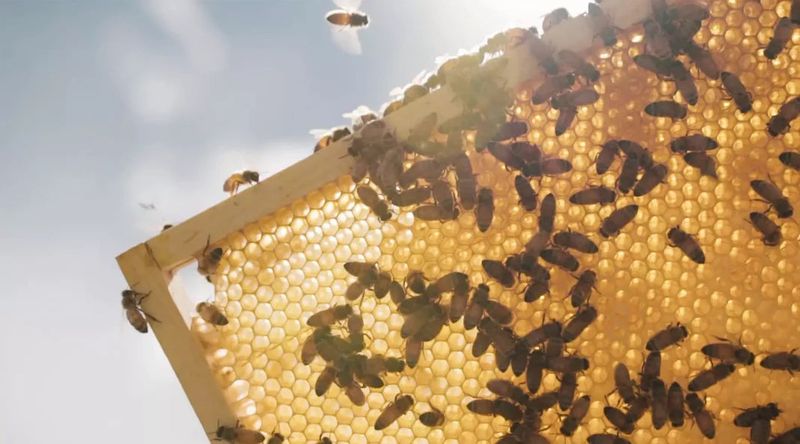
While honey is a delightful byproduct of bees’ labor, their true value extends far beyond this sweet nectar. Honey serves as a natural medicine, offering antibacterial properties and nutritional benefits.
Moreover, beekeeping fosters community development and education, connecting people to nature. The beeswax byproduct is used in cosmetics, candles, and more, showcasing the versatility of bee products. Bees provide a holistic suite of resources, enriching our lives in unexpected ways.
Historical Significance
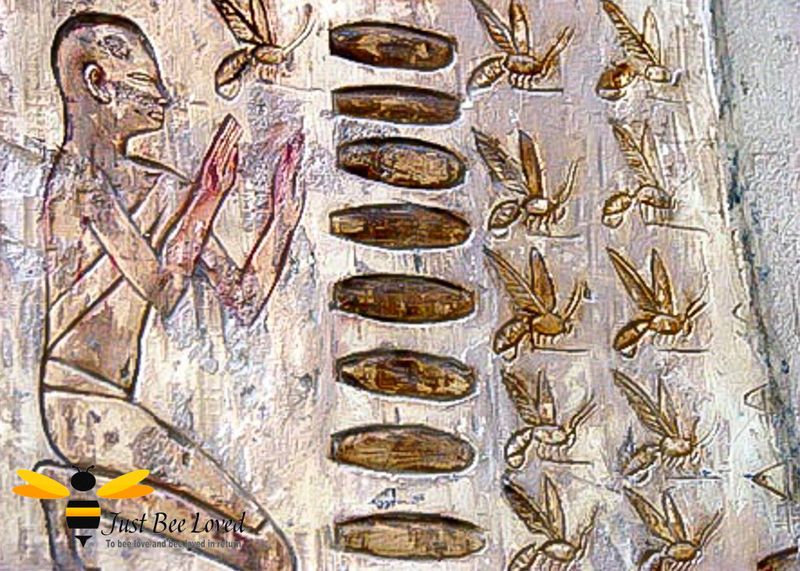
Bees have been revered throughout history. Ancient Egyptians considered them a symbol of royalty and used honey in religious rituals. Beekeeping has ancient roots, with evidence dating back thousands of years.
In mythology, bees were often seen as messengers between worlds, bridging the gap between humans and nature. Their enduring presence in culture highlights their importance not just as insects, but as symbols of life’s interconnectedness. The legacy of bees is woven into the fabric of human history.
Threats They Face
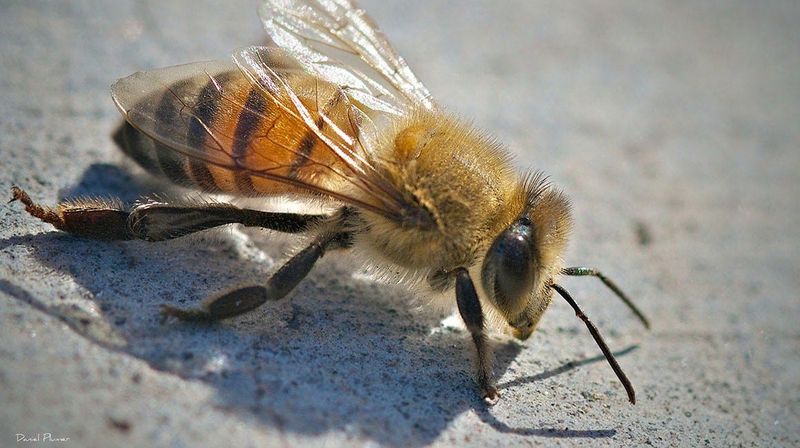
The survival of bees is under threat from various fronts. Pesticides, habitat loss, and climate change are just a few challenges they face. These factors lead to colony collapse disorder, a phenomenon causing massive bee die-offs.
The declining bee population serves as a warning of broader environmental issues. Protecting bees means addressing these threats collectively. Our actions today will determine their future and, by extension, ours. Understanding these threats is crucial to developing effective conservation strategies.
Community Builders
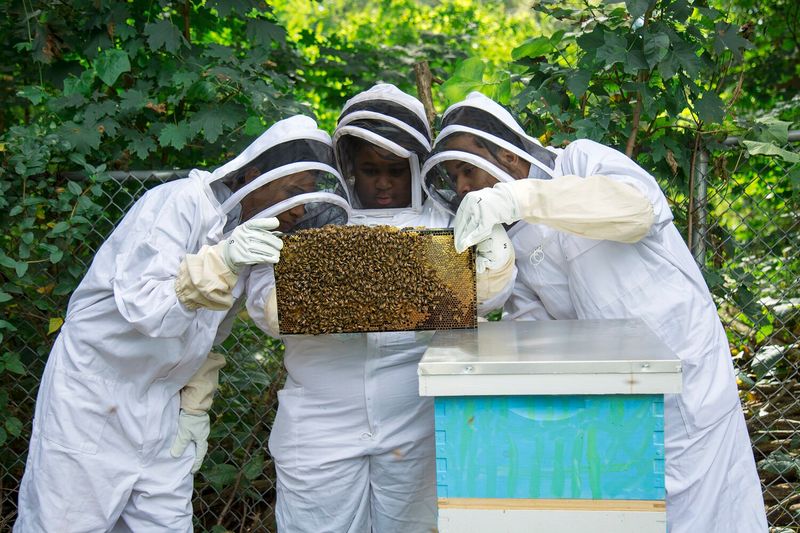
Beekeeping fosters strong community bonds. It teaches cooperation, patience, and respect for nature. Many urban communities have embraced beekeeping, transforming cityscapes into bee havens.
These urban initiatives not only support bee populations but also educate people about the vital role bees play. Beekeeping clubs and workshops bring people together, fostering a sense of shared purpose and environmental stewardship. Bees, though small, have the power to unite communities in meaningful ways.
Scientific Research Subjects
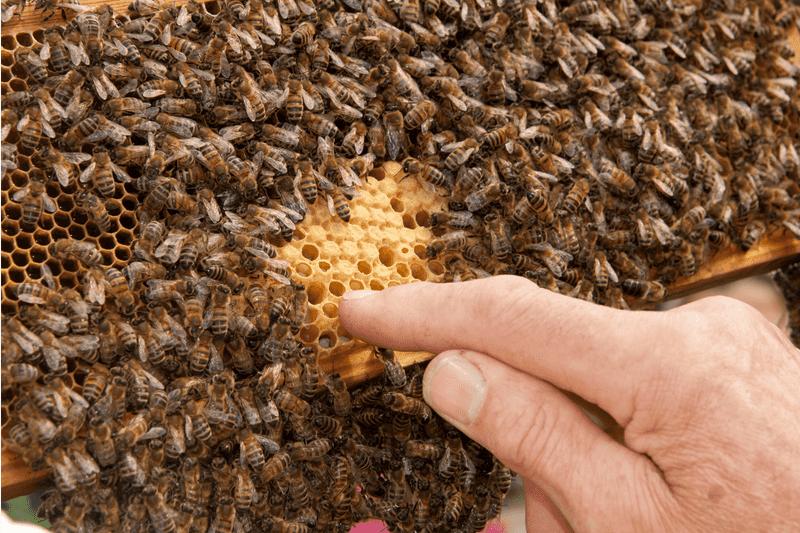
Bees are vital to scientific research. Their behavior and social structures provide insights into complex biological systems. Studies on bees have led to breakthroughs in understanding social insects, genetics, and even robotics.
Researchers employ bees to study environmental changes and their impacts on living organisms. These buzzing subjects have contributed to advancements in various scientific fields. The knowledge gained from bee studies benefits humanity, offering solutions to ecological and technological challenges.
Cultural Symbols
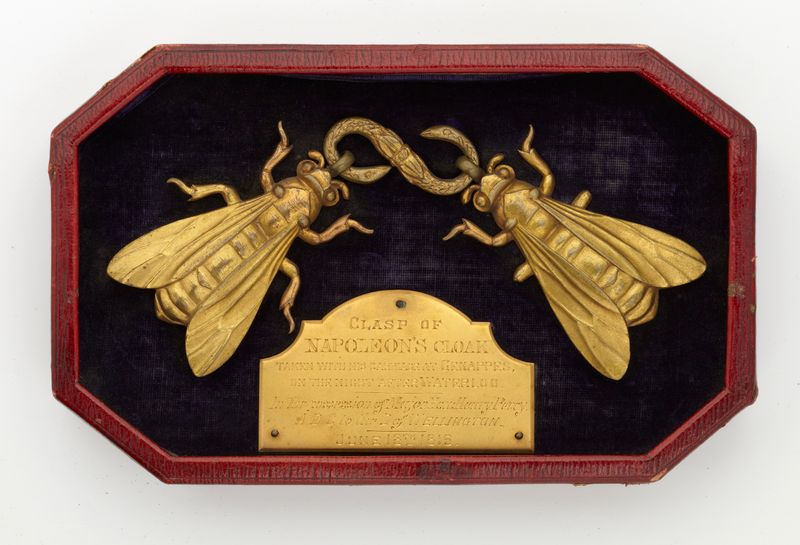
Across cultures, bees symbolize hard work, cooperation, and productivity. They appear in art, literature, and folklore, embodying virtues that resonate universally.
In literature, bees often represent community and diligence. Their symbolic presence in various cultures underscores their perceived importance. These small creatures inspire awe and admiration, reminding us of the values we hold dear. The cultural significance of bees endures, reflecting their integral role in both nature and human society.

